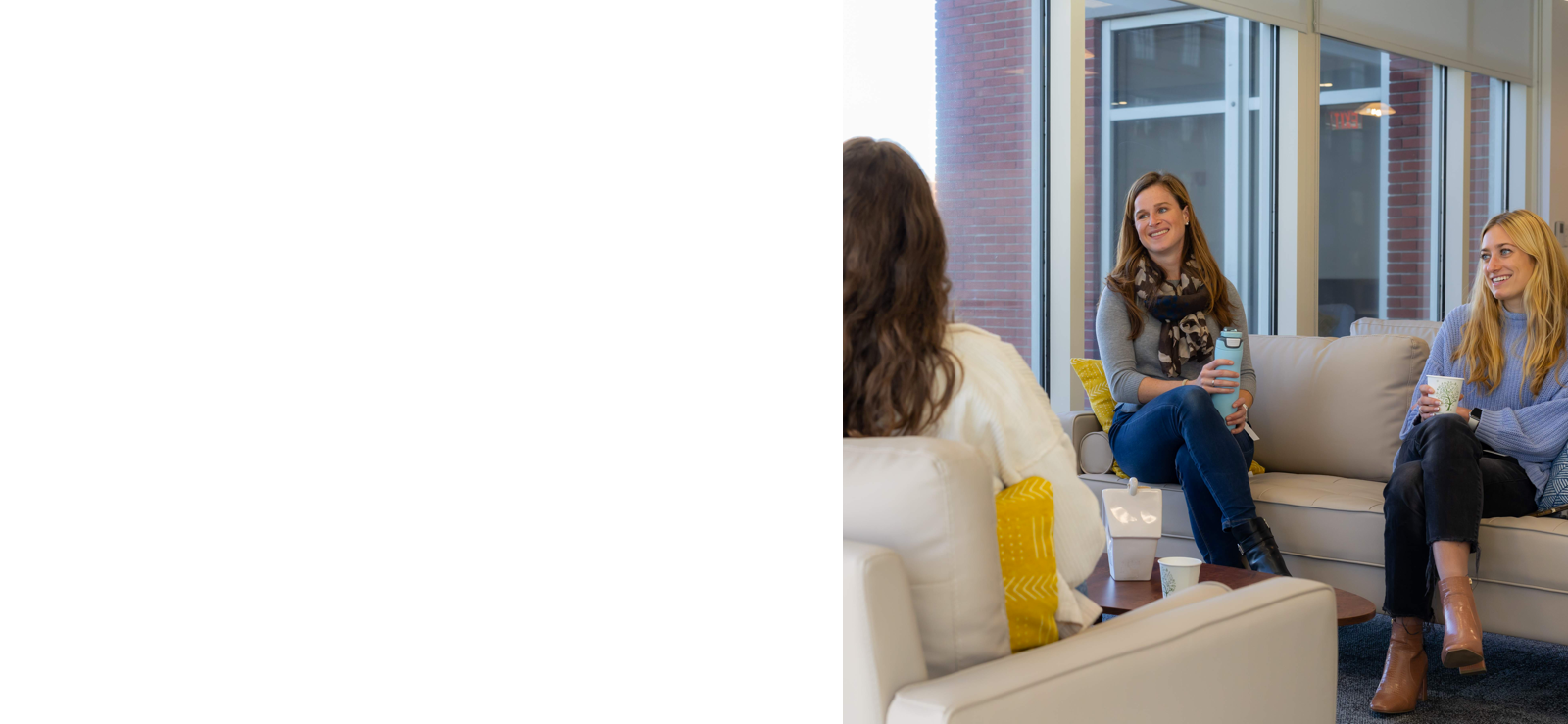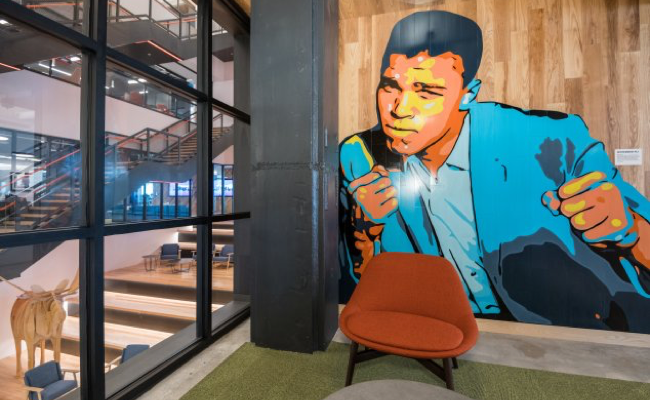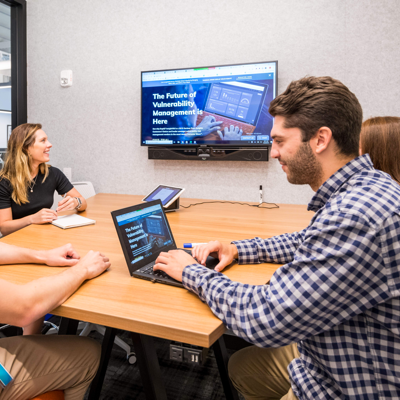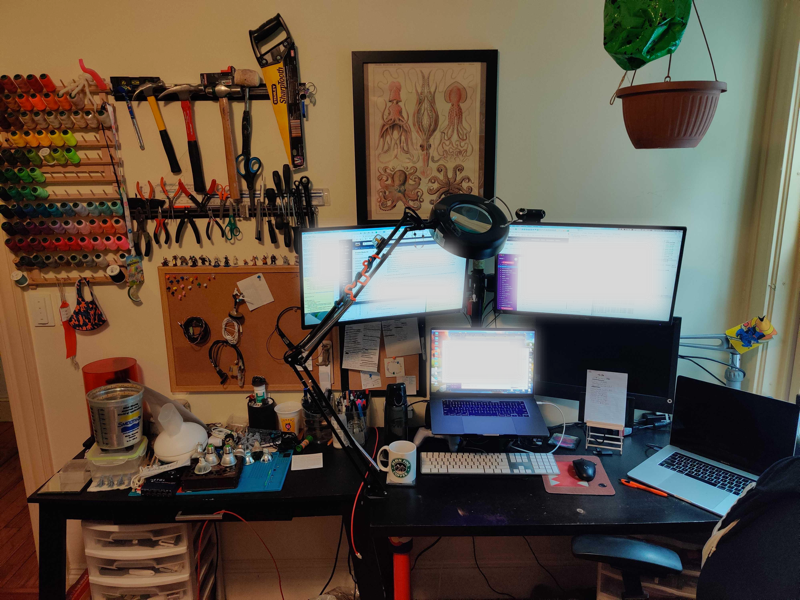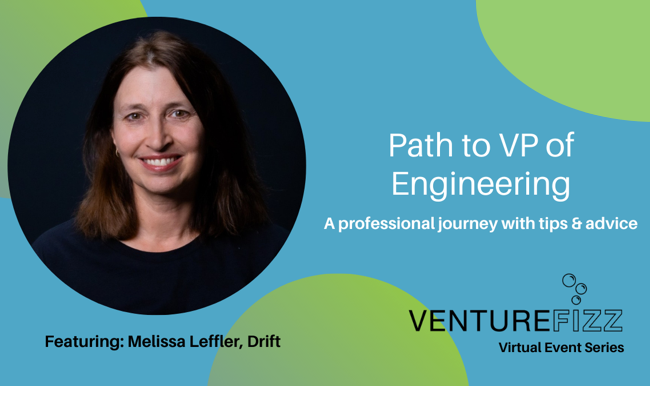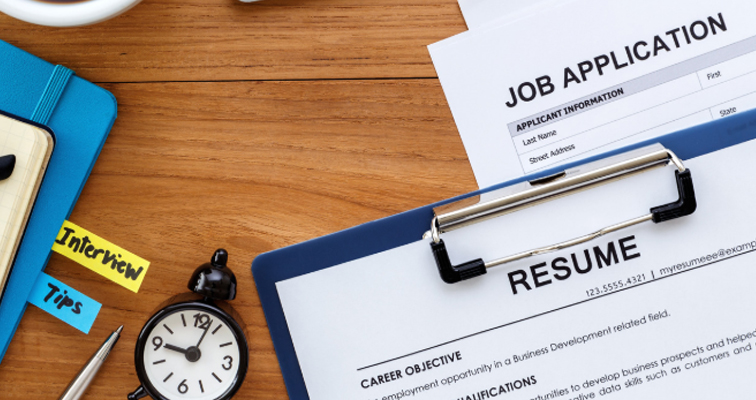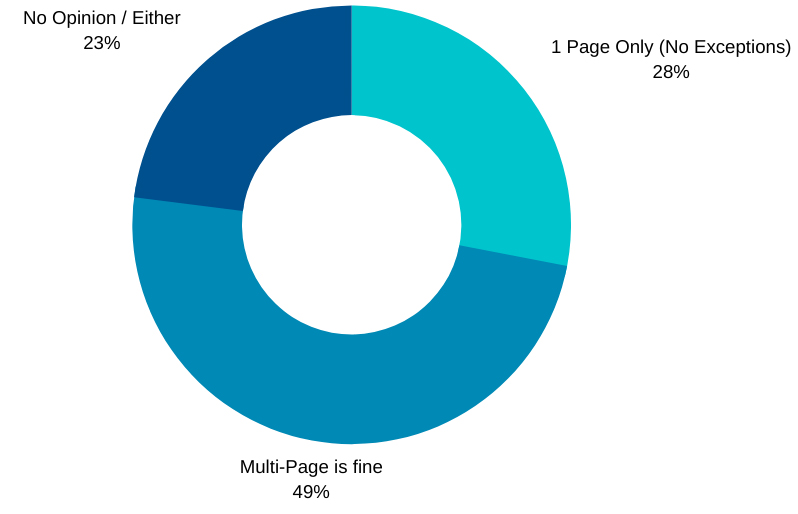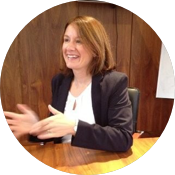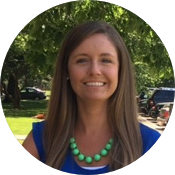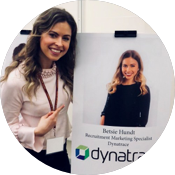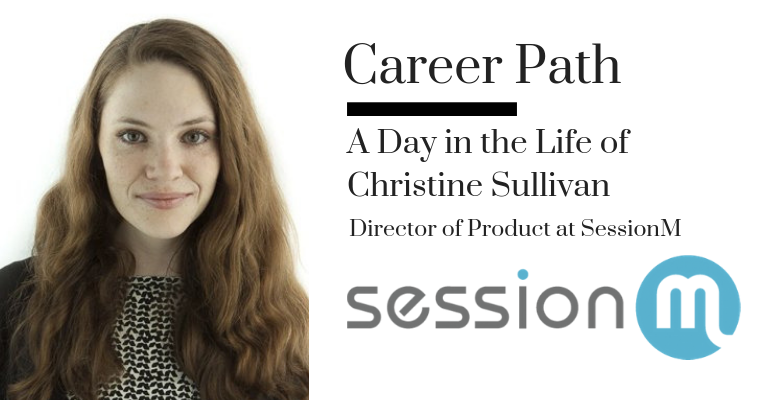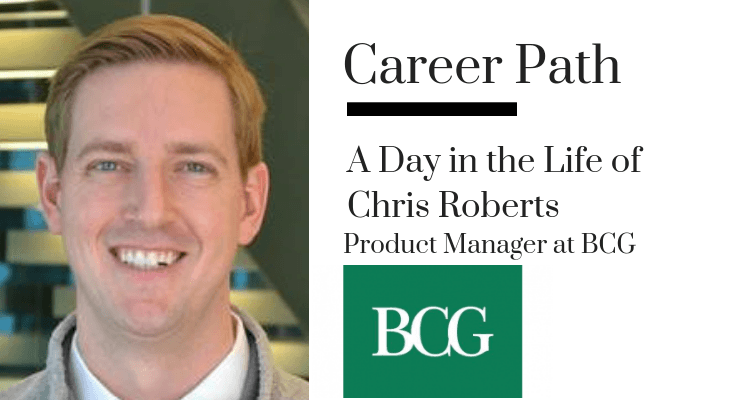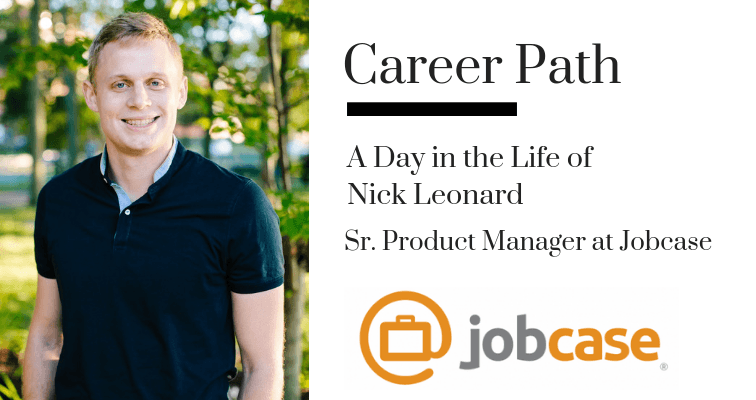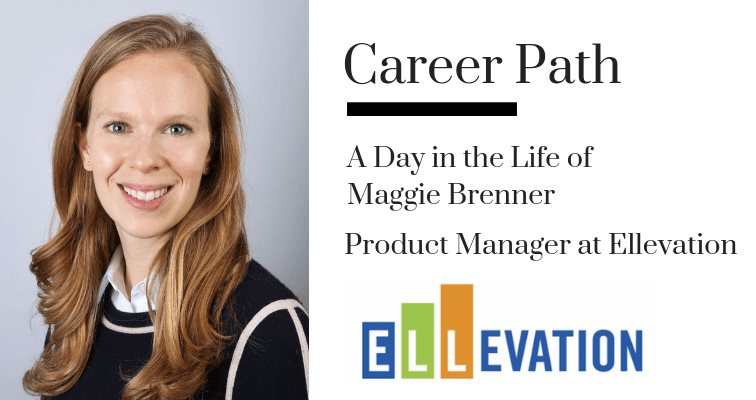Last weekend, I watched the Friends reunion. I didn’t know what to expect, but was excited to see the familiar faces that had played such a memorable part of my tv watching and water cooler talk for a decade. Coincidentally, I also returned to the office last week, and was significantly more excited about seeing those familiar faces.
Here is what I took away from the combined experience.
THE ONE WHERE WE EMBRACED MOVING FORWARD
Nostalgia is great, and it can be heartwarming to reminisce about the past. However, we can never return to that time. The past can, however, inform how we move forward. Of course, it’s great to remember what was so wonderful about the old times, but it’s also important to realize when it is time to move on. The cast of Friends reminded us of good times and fun memories last week, but they also made it clear they had all moved on in their lives. As have we. During the past fifteen months of the pandemic, almost all of us have reflected, struggled and in some cases even thrived. And as we cautiously re-engage with the real world, no one expects things to be exactly as they were prior to March 2020. If we do it right, we take all the lessons gained during that time, and enter into this new phase stronger, more resilient and with some new approaches to how we work and live.
THE ONE WHERE WE KEPT IMPORTANT PEOPLE CLOSE TO US
In the pandemonium that Friends ignited during its heyday, those six characters were known the world over. As much as so many of us found them relatable and an extension of our own social circle, no one could relate to what they were experiencing in real life as a part of global phenomenon other than the other members of that cast. Listening to the cast talk about that incredible shared experience that really only the six of them could truly understand, it made me think about the “bubbles” we created for ourselves during the pandemic. When health risks were at their greatest, and families, friends and colleagues found themselves separated for long periods of time, we all took solace in finding ways to keep connected to those we loved. We found new ways to strengthen relationships and deepen connections, and rode out our pandemic experience with that crew. Even the most introverted among us found the importance of establishing that shared experience with others. It made a profound difference.
THE ONE WHERE WE LEARNED TO ADAPT
During its long run, we saw the characters evolve and adapt numerous times over. In a memorable episode where Rachel and Monica compete against Chandler and Joey in trivia about each other, the girls famously couldn’t answer the never-resolved question about what Chandler did for a living - and had to switch apartments with each other. They were upset, fought it, but ultimately managed through it. That’s not dissimilar to how so many of us navigated through the pandemic. Very few people would ever willingly elect to be quarantined at home for months on end, but we adapted. We found ways to be productive, entertain ourselves, and power through because we were forced to. And yet, we all learned to thrive through it, and we have come through with a fresh outlook, perspective and approach towards how we want to re-engage with the world going forward.
THE ONE WHERE WE REINVENTED
Friends set the tone for what constituted “must see tv” during its run. It was original, entertaining, and highly relatable. It dominated the ratings war for a decade because of that authenticity and approach. By contrast, much has been written and discussed about the future of work over the last year. A handful of forward thinking companies are out in front putting bold stakes in the ground trying to balance what is in the best interest of their customers, their cultures and their people. Others are following suit, and hoping to adopt the best practices that resonate with them. It’s my belief that the companies that continue to grow and prosper during this post-pandemic phase are those that stay true to who they are, and balance the needs of the business with the needs and desires of their people. Words like “hybrid” and “flexible” are becoming lightning rods for heated discussion, but at the end of the day, it’s really about finding the right alchemy to provide people with the right environment to create their best impact. Personally, I’m excited to go back to the office more often than not, as I believe I deliver better results when I can collaborate with others in organic, meaningful ways. And while I’ll always be grateful for the technology that enabled me while working at home over the past year+, I found myself becoming far too transactional with its usage. The office isn’t just a desk to me; it represents community.
It was fun to see those six familiar faces last week during the Friends reunion, but it was also a reminder we can never go back in time. As we slowly emerge from this incredible period in history, I for one am thrilled to reconnect with my colleagues in new ways. Intelligent, collaborative and fun, they represent some of the best “friends” I could ever hope to be partnered with.
Christina Luconi is Chief People Officer for Rapid7. Follow her on Twitter: @peopleinnovator. Image credit: HBO Max.

